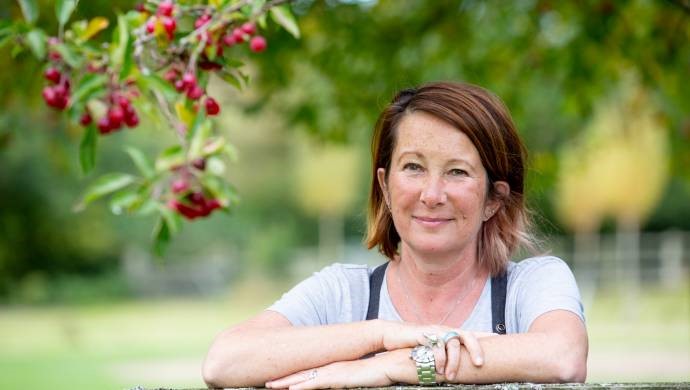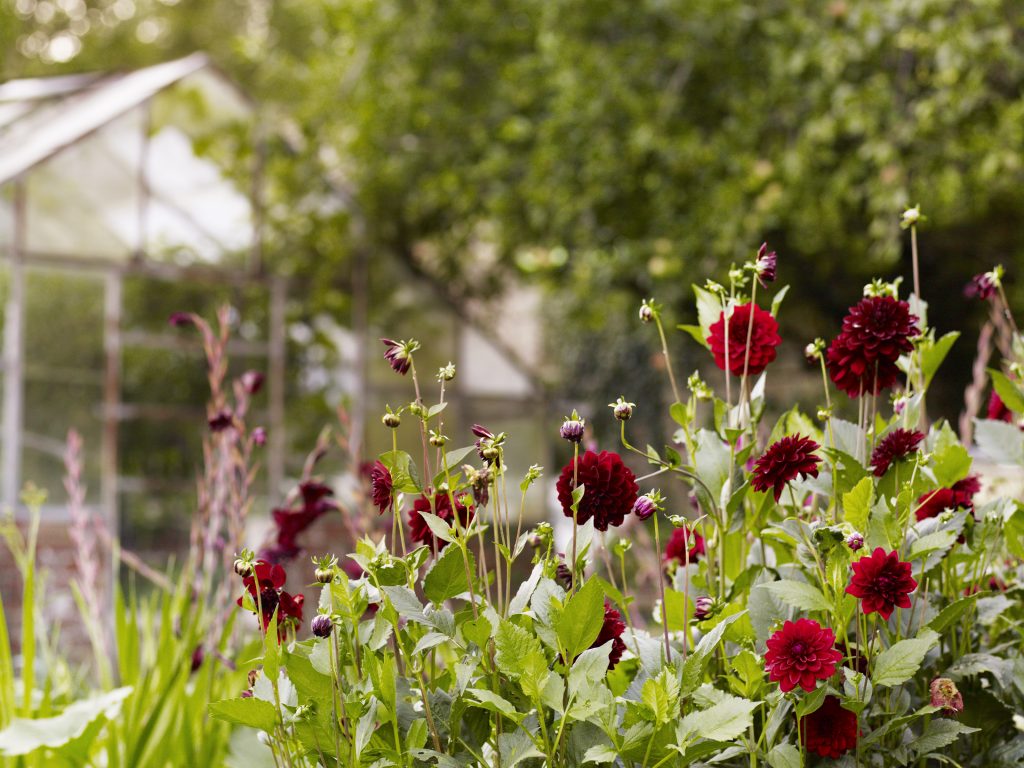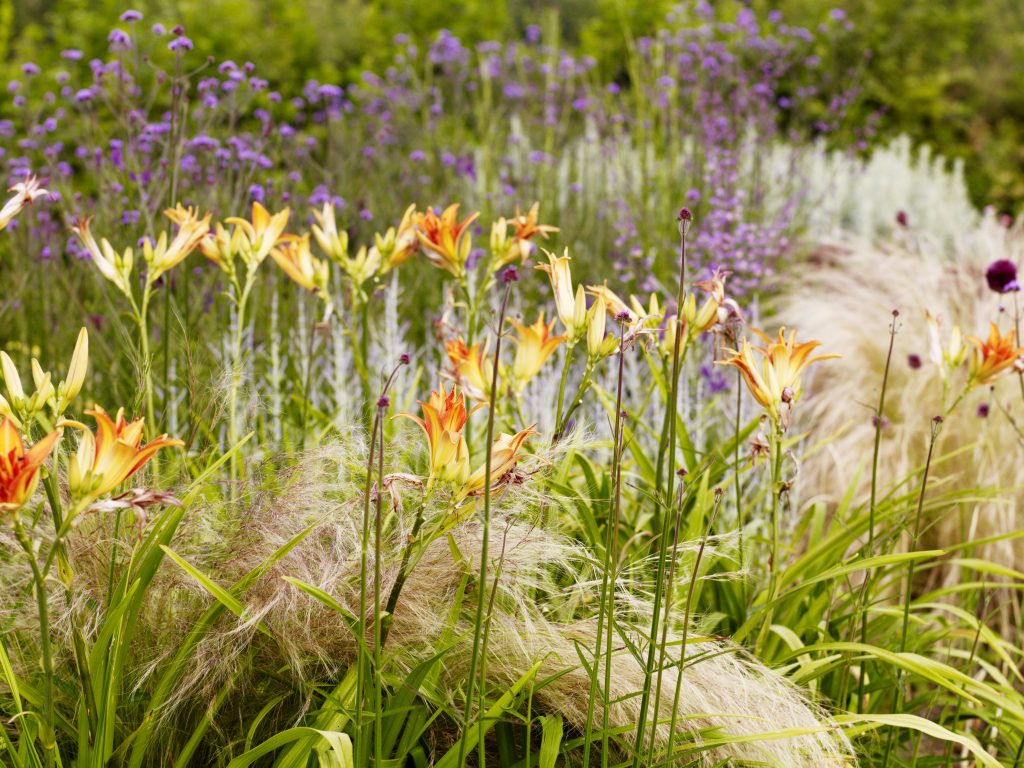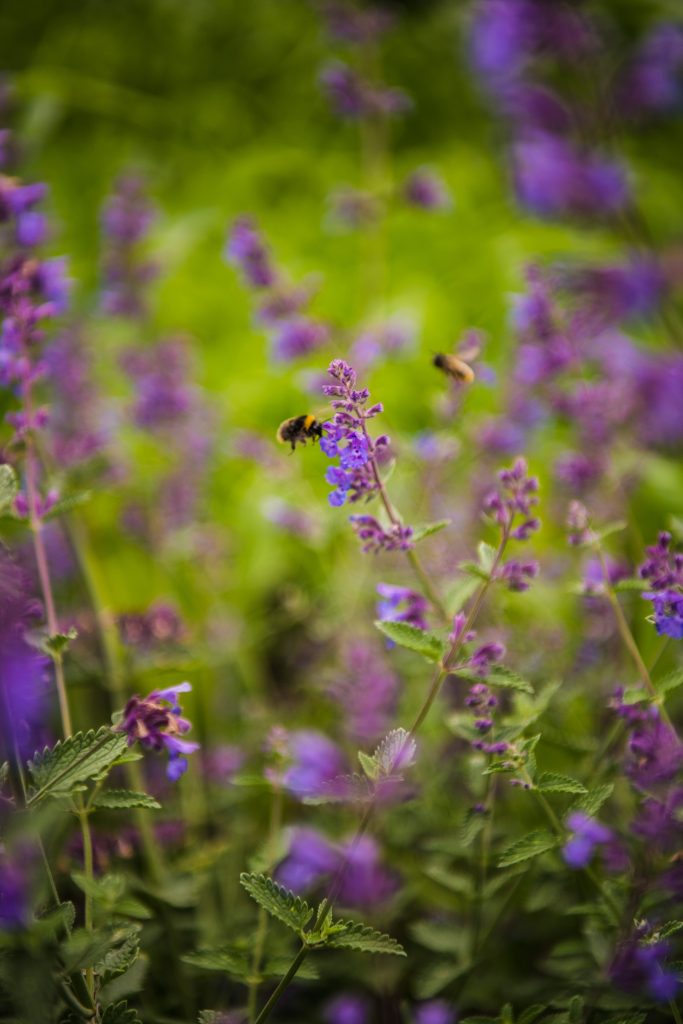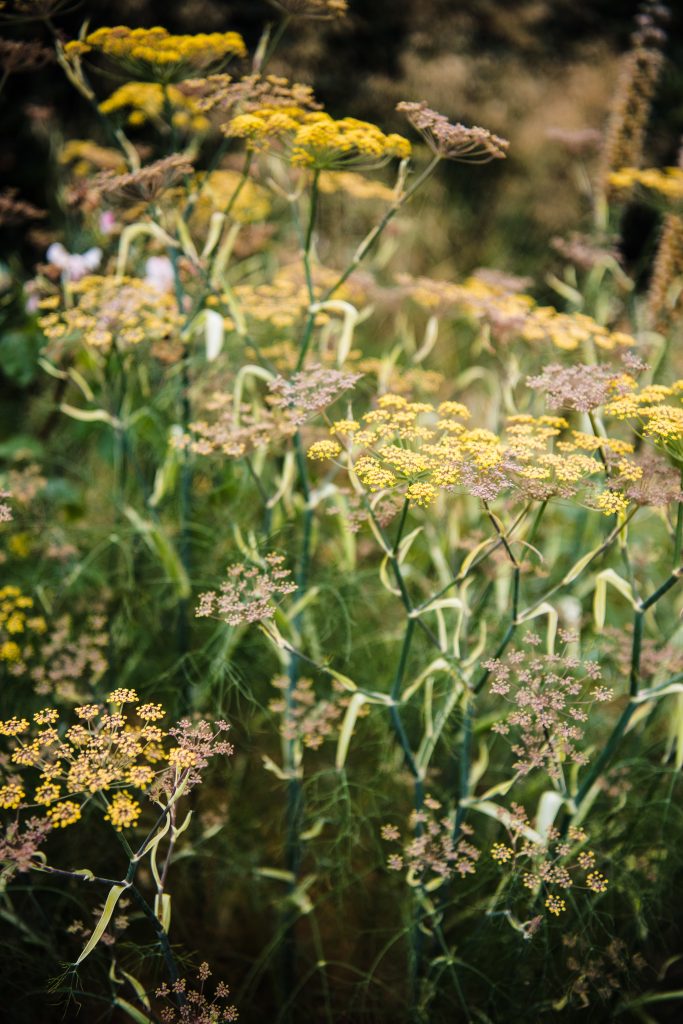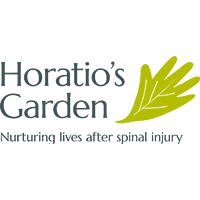Become a greener gardener with Yeo Valley Organic’s tips on putting nature first
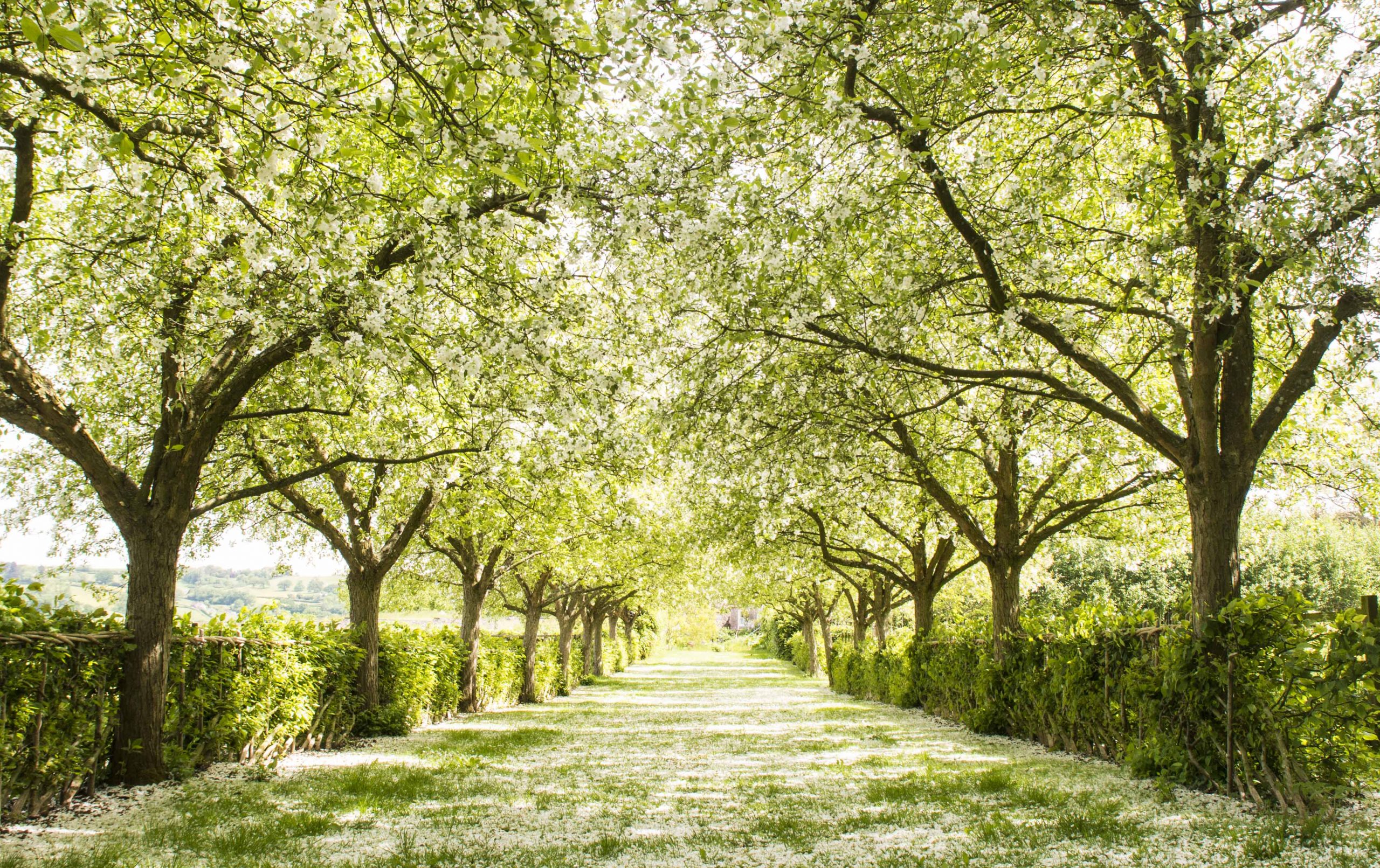
It can be hard to understand how we as gardeners can play our part in helping reverse the effects of climate change and the global decline in biodiversity. The good news is that the small steps we can all take in our own gardens really do make a difference.
Sarah Mead, head gardener at the Yeo Valley Organic Garden in Somerset, which opens for the National Garden Scheme each year, has been gardening organically for 20 years, creating one of very few ornamental gardens in the UK to be fully certified organic by the Soil Association.
She says, “We know organic has huge benefits for the environment, particularly in safeguarding our soil and supporting pollinators and wildlife, but you don’t have to go the whole hog. Working with, rather than against, nature in your garden is good for the planet AND it helps your mental and physical health.”
- Sarah Mead head gardener at Yeo Valley Organic Garden
Sarah’s top tips to control pests naturally, boost biodiversity and benefit the soil:
- Cut your lawn less
If you only do one thing this year to improve your garden’s value for nature, cut your grass less, or not at all. The UK’s climate is perfectly suited to allow grass and the many species of beneficial plants that share our lawns to thrive, but regular cutting deprives essential pollinators of an important food source. According to PlantLife, the British conservation charity behind the No Mow May initiative, allowing your lawn to grow naturally for just a single month can provide enough nectar for ten times the amount of bees and other pollinators than a regularly cut lawn.
- Let nature do its thing
We have learnt to take a more relaxed approach and turn the other cheek where pests are concerned. A pest is a delicious snack for someone, so don’t be too hasty to wipe them out. By tolerating your pests, you are providing a valuable food source for your predators and they will do the work for you.
- Give your soil a break
Every time you stick a fork, spade or trowel into the earth you are disturbing the fine balance of micro-organisms that it supports. It’s this life support system that holds carbon in huge quantities and helps mitigate climate change. Minimise soil disturbance by mulching regularly to suppress weeds, and save your digging for planting.
- Give your plants tough love
It’s possible to live without manufactured pesticides but it can be tempting when planting out your precious seedlings. Don’t over cosset your youngsters but certainly don’t put them out into the veg patch until they are big and strong enough to survive slugageddon. A baby lettuce is nectar to a slug and an attack by cabbage whites will completely destroy a brassica. We try to grow everything in pots (old yogurt pots of course) until they are big enough to thrive.
- Cover up precious crops
If you feel the wildlife has enough to eat elsewhere in the garden, and you’d like at least one hole-free crop, cover your brassicas, salads or other edibles with a fine horticultural mesh. Make sure it’s tight and hole free, butterflies can be very determined when they’re laying!
- Feed the birds wisely
We feed the birds generously throughout the winter, when they most need it, and then remove the feeders in spring to encourage them to focus on eating our pests.
- Grow loads of flowers
Choose a range of perennials, annuals, trees and shrubs to ensure a steady supply of nectar and pollen for beneficial wildlife throughout the year. And take time to deadhead regularly – it will encourage more blooms giving you a longer display and pollinators a longer supply of food. Added bonus is I find it a very therapeutic task!
- Drink more coffee
We have tried various methods of ‘barrier control’ in the case of slugs and snails and have found two methods to be effective. Sprinkling coffee grounds (not decaf) around precious plants in a generous circle seems to work well for us. We also recommend copper rings. You can make your own by buying the copper from a roofing supplier by the roll – it’s a much cheaper alternative than buying ready-made.
Discover the delights of the Yeo Valley Organic Garden when it open through the National Garden Scheme details here
Follow Yeo Valley Organic on social media at: Twitter – Facebook – Instagram
This story was published as part of our 2021 Gardens & Health Week – for more click here
- Yeo Valley organic fruit and veg area
- Yeo Valley Organic Garden in the summer
- Pollinators love organic gardening
- Organic goodness is easy to achieve




